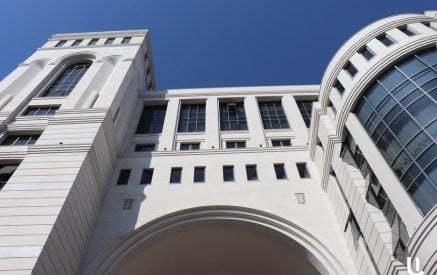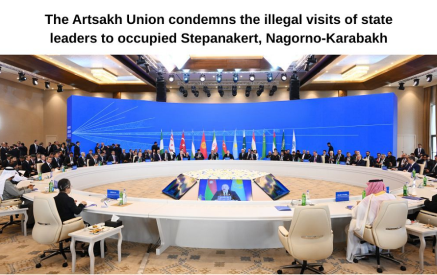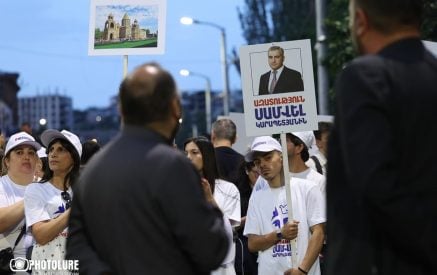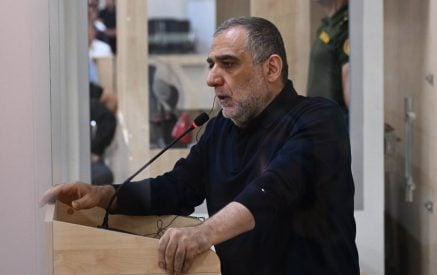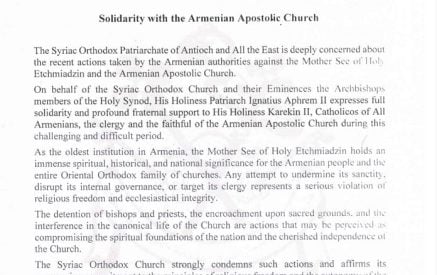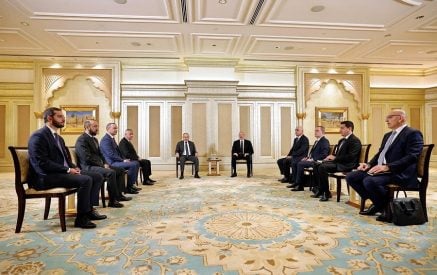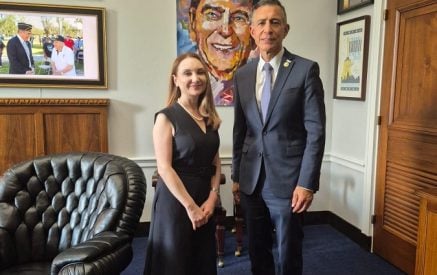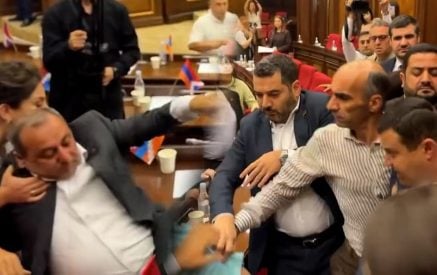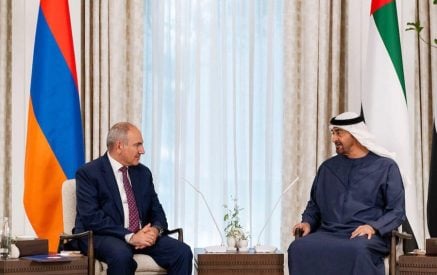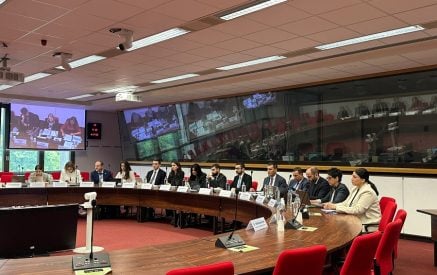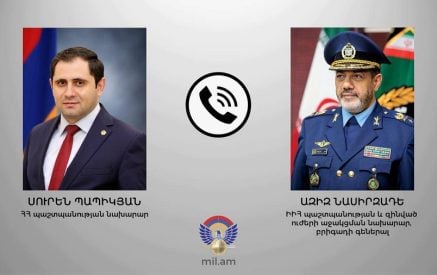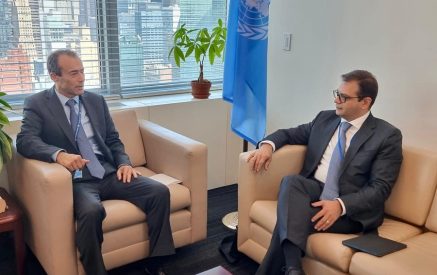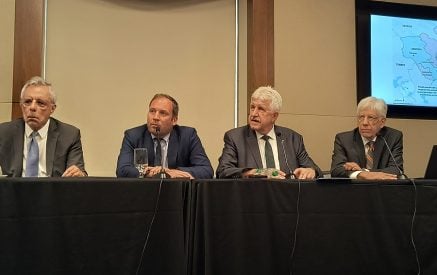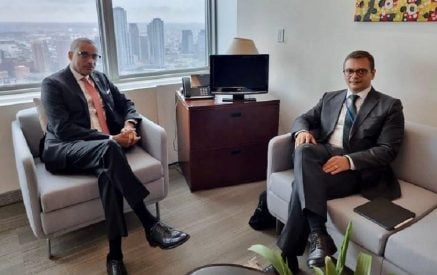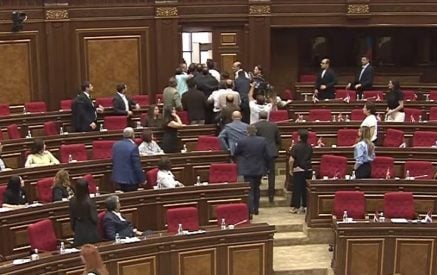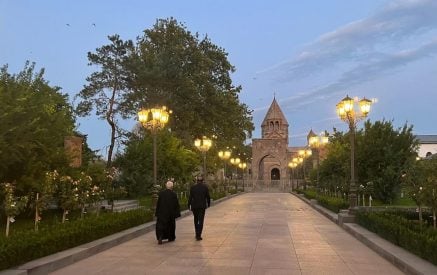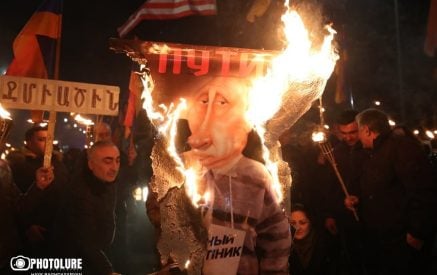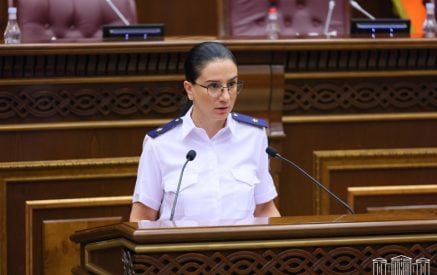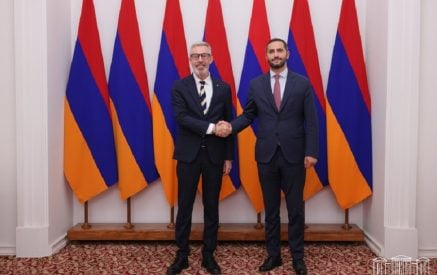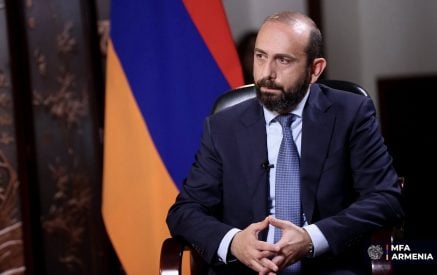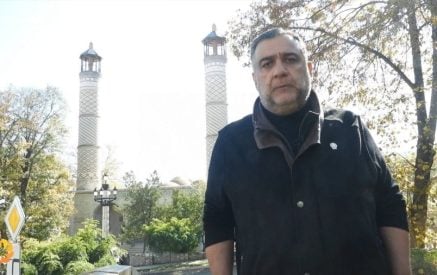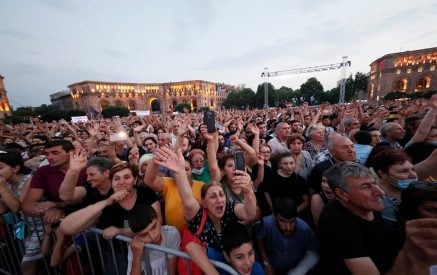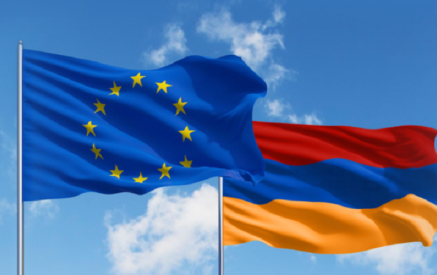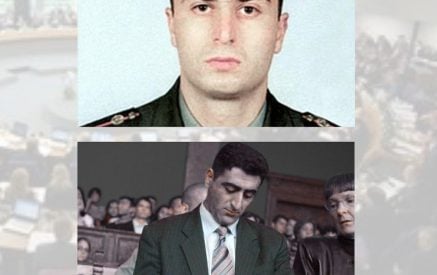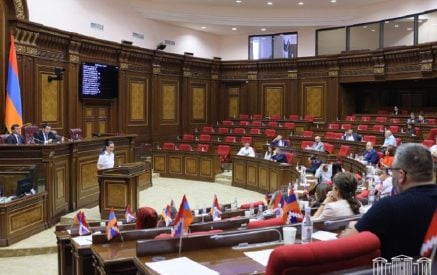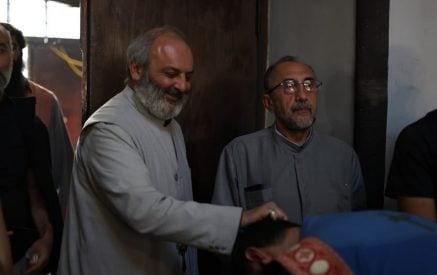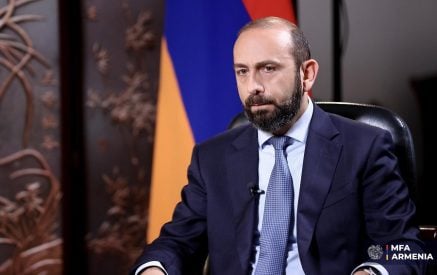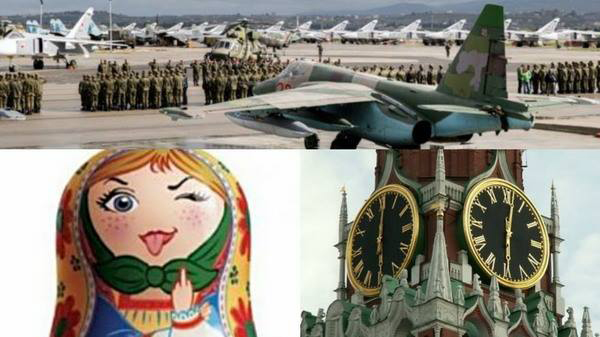“I do not believe that Russians want war, but they desire the fruits of war,” said Winston Churchill in 1946
On March 14, Putin announced the news on withdrawal of Russian troops from Syria starting from the next day. What caused the Kremlin to make such a move? Today, everybody avoids giving a final answer to it, both the Russians themselves, the West and the Arabs and Israelis in the Middle East, univocally saying that this was unexpected.
The question is different when they are talking about the results of the six-month Syrian invasion. They say the Russians have achieved all their objectives and are leaving, or they say the opposite, the Russians had to leave the battlefield.
The standard approach suggests that the reasons for foreign policy zigzags and ups and downs should be sought in the political field. There’s no more doubt that the leashing of the war in Ukraine in 2014 on the background of the “Eurasian” foreign policy was driven by Russia’s internal political imperatives. However, later, new external factors popped up: the sanctions, the international community’s solidarity with Ukraine, the steep fall in oil prices, the Ukrainians’ stubborn resistance. And as a result, the domestic political imperatives changed. A decision was made to freeze the war in Ukraine with an intention to eventually breaking the international isolation. The returning to pre-war status quo in Ukraine is fraught with vital dangers for Putin’s power and inside the country, and to make the political effect of freezing the war maximal, the Kremlin decided to begin “saving” Bashar al-Assad in Syria after “helping” Ukraine.
Read also
The long forgotten anti-terrorism clichés were removed from the state campaign drawers, this time, directed against the “Islamic state.” As always, the reality, to put it mildly, was quite different, as the 90 per cent of the air strikes had no connection with this “Islamic state”, and Assad’s army actually had no direct contact with this force. In general, Assad’s problem was not so much the IS as other non- Islamist forces being in direct combat contact with his army who got the lion’s share of Russian attacks.
The comparative maps of military actions show that the declared military objectives, essentially, were not resolved. IS is “in its place”, the great part of Aleppo like before is still under the control of various anti-Assad groups. In addition, a very important thing happened, rather say, did not happen. For the first time, the large-scale war in the Middle East did not only result in the growth of oil prices but did not even prevent their further decline. Saudi Arabia’s former oil minister, Sheikh Ahmed Yamani’s warning made in 1982 is a reality that the stone era ended not because there were no more stones…
The heaviest “residue” of the Syrian invasion was the significant deterioration of relations of Erdoğan with Turkey after multi-years of “brotherhood”. And if the probability of collision of two neo-imperialistic strategies, sooner or later, was great, as the vectors of the force intersect at many points, then at least in the case of the Syrian invasion, this collision seems imminent. As a result, quite a new factor appeared, the fact that the approaches of Russians and the West, primarily, the US, to the Kurdish forces substantially coincided, certainly, driven by various reasons.
Certainly, the Russians were able to strengthen Assad in his position but the fact that he controls only one-quarter of Syria is the maximum that he can claim while a few weeks ago, he was speaking about his intention to restore his control over the whole of Syria. After the WW II, it is not the first time for the Arab leaders to win a victory over their enemies, both domestic and external, with the hands of Russians, which ultimately always ends in failure, and the disappointment of Russians. This time, the Russians, recording minimum tactical success and less evil, tried to come out of the complicated situation created by themselves. And if this is a “plus” for the Russians, then it is strongly relative, given the objectives set before that and the already emerged consequences.
From the very outset, the Americans were very cautious in using the military tool in the Syrian war. Their influence on the course of the events bore and is bearing more political nature, by the way, with essential overwhelming of its political component. The priority was helping allies. The result did not keep waiting long: Syrian Kurds have taken nearly 700 kilometers of the 800-kilometer-long Turkish-Syrian border under the control and a few days ago, have declared about the autonomy for now. But this is not a Russian “game”. The beneficiaries of Sykes-Picot 1916 Middle Eastern border architecture have no longer the ability and the desire to intervene in the regional process like hundred years ago, and the only active force in terms of functionality that would be capable of bringing the conflicting interests to a common denominator is the United States. Iran as reported by the press also brought out its shock troops. And the ceasefire established by the efforts of American diplomacy hardly would anyone dare to violate it. The outlined architecture so far implies Syria’s as well as Iraq’s decentralization. Ultimately, otherwise is not possible to “collect” the de facto collapsed, moreover, the publics that have not obtained state identity whose ethno-religious and ethnic identity is more priority and deepened. But the Middle East is not Europe, the historical tradition here is different and any decentralization idea will be perceived either as a chaos or an independence.
… On July 21, 1798, Napoleon Bonaparte infantry was surrounded by the Egyptian Khedive Murad Bey’s armed riders. “Donkeys and scientists amidst,” ordered Bonaparte by lining the infantry by “carre” array (the French general had brought scientists with him to explore Egypt and to establish the priority of his country). Of course, the European discipline successfully pushed the Eastern audacious attack back, Napoleon won the battle. However, in terms of strategic, his Egyptian invasion was doomed. When the British Admiral Nelson destroyed the French fleet in Abukir, the defeat became final and Bonaparte leaving the army to the mercy of fate abandoned Egypt. The whole invasion had two results: a military defeat and an unprecedented rise of Egyptology.
Syrian invasion of Russia ended in a “stalemate” but there are no scientists in the middle of Russian “carre”. Looks like the “donkeys” that would agree to carry the burden of Russian imperial interests and the ambitions on their backs, as apparently appears, do not exist too. And as a result, the Middle East trump cards have appeared in the hands of the Americans which was both expected and in conformity to the laws of nature. The subsequent foreign political “news” should be expected from Putin, without it, its power can be quickly jeopardized. What will be this news about, will become clear very soon.
Ruben MEHRABYAN, “Aravot” daily



